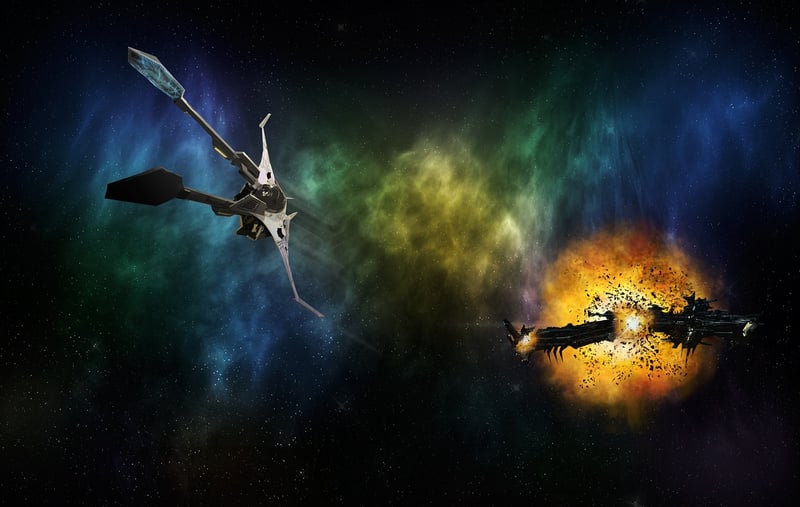Future Dystopia
Exploring Different Eras and Future Dystopia
Throughout history, humanity has witnessed various eras that have shaped our world in profound ways. From ancient civilizations to modern times, each period has its unique characteristics and contributions. Let's delve into different eras and also ponder upon the concept of a future dystopia.
Ancient Civilizations
Ancient civilizations like the Egyptians, Greeks, and Romans laid the foundation for many aspects of our current society. They excelled in architecture, art, governance, and philosophy, leaving behind a rich cultural heritage that continues to fascinate us today.

The Middle Ages
The Middle Ages were a time of feudalism, chivalry, and the rise of powerful empires like the Byzantines and the Mongols. This era saw significant developments in art, literature, and architecture, with iconic structures like Gothic cathedrals still standing as a testament to that period.

The Renaissance
The Renaissance marked a period of great intellectual and artistic achievement in Europe. It saw the revival of classical learning, groundbreaking discoveries in science, and the flourishing of art and literature. Visionaries like Leonardo da Vinci and Michelangelo emerged during this era.

Industrial Revolution
The Industrial Revolution brought about a dramatic shift in society with the advent of mechanization, urbanization, and mass production. It transformed economies, lifestyles, and social structures, laying the groundwork for the modern world we live in today.

Future Dystopia
As we look ahead to the future, the concept of a dystopian society looms large in popular culture and speculative fiction. Imagining a world plagued by authoritarianism, environmental degradation, or technological excess raises important questions about the direction of humanity and the consequences of our actions.

In conclusion, exploring different eras allows us to appreciate the progress and challenges that have shaped our world. Reflecting on the potential of a future dystopia encourages us to consider the choices we make today and their impact on tomorrow.
